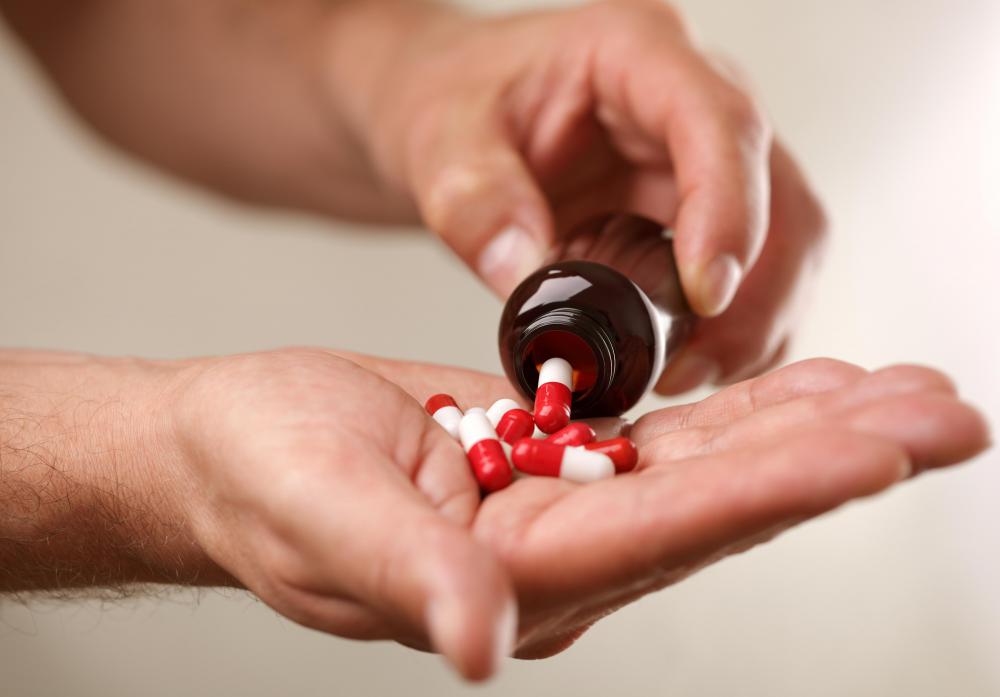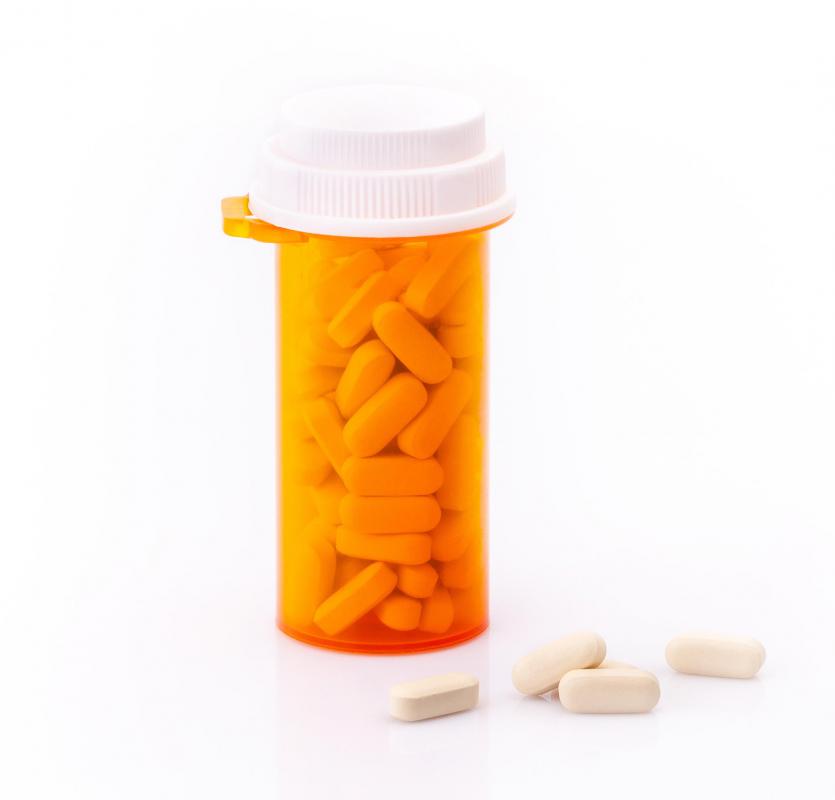At WiseGEEK, we're committed to delivering accurate, trustworthy information. Our expert-authored content is rigorously fact-checked and sourced from credible authorities. Discover how we uphold the highest standards in providing you with reliable knowledge.
What are the Best Tips for Root Canal Recovery?
A root canal is a dental procedure that is used to save a tooth that has become seriously decayed or severely infected. In this procedure, the pulp of the tooth as well as the damaged nerves and bacteria or other debris are removed from the tooth. Root canal recovery can vary from a few days to a few weeks, depending on the individual situation. Some of the best tips for recovery include closely following the instructions given by the dentist, using over-the-counter or prescription pain relievers, and avoiding chewing on the side of the mouth where the root canal was performed.
While it is possible to have a root canal performed in one dental visit, patients who have the most success with this form of treatment do not rush the dentist. Most root canals require at least two separate visits to the dentist. During the first visit, a temporary crown is usually applied in order to protect the tooth from additional injury until a permanent crown is custom made for the individual patient. Those who have this procedure performed in two or more visits often have a shorter root canal recovery time.

Once the anesthesia from the procedure wears off, many patients experience mild to moderate pain. For this reason, root canal recovery often involves the use of pain medications. Over-the-counter pain relievers such as ibuprofen or acetaminophen are often sufficient, although stronger pain medications may sometimes be prescribed for the first couple of days following the procedure. If an antibiotic is prescribed, it is important to finish all of the medication, and it should be taken exactly as prescribed by the dentist.

Certain chewing precautions should be taken during the root canal recovery period. If a temporary filling or crown is used, it is important to avoid chewing on the side of the mouth of the affected tooth until after the permanent crown is placed. This helps to avoid possible complications such as a fractured tooth. The root canal procedure tends to cause the affected tooth to become more brittle than normal, thus making it relatively easy to cause further damage and increased pain.

Root canals have a rather high success rate, although possible complications may arise. In some cases, the dentist may accidentally damage the tooth during the procedure. In other cases, the root canal may fail. If the pain becomes severe or does not disappear within a few days of the procedure, the dentist should be consulted for further evaluation. If the tooth becomes unusually sensitive to cold temperatures, the tooth may need to be extracted.
AS FEATURED ON:
AS FEATURED ON:














Discussion Comments
I've got a root canal coming up and I am not looking forward to it. No matter how much anesthetic the dentist gives me I always end up with pain for fillings, so I can't imagine what's going to happen with root canal pain.
I find it really annoying that some people, including me, can brush regularly and do all the right things, and still get holes in their teeth. It doesn't seem fair.
@bythewell - It's also possible that the dentist made a mistake and that's why your father ended up bleeding like that. I don't trust many dentists, to be honest, as I've known too many who were basically crooks. I always try to get a second or even third opinion and only get a procedure done if they all agree it needs to be done.
Particularly something like a root canal as the cost is huge and you've essentially removed the entire tooth.
So, my best tip for recovery is to find a good dentist in the first place.
You need to be very careful about what kind of pain medications you take if you are recovering from this kind of operation. My father had a root canal done and he took some cold and flu medication afterwards because he was starting to feel like he had a cold coming on and he didn't want it to complicate the recovery.
Unfortunately, it thinned his blood and he started bleeding from the place where the dentist had been working. We were right on the verge of rushing him into the emergency room when it finally stopped.
The dental clinic won't always warn you about these kinds of things, so it's definitely worth reading the instructions on any medication at all that you might be taking after a procedure, just in case.
Post your comments